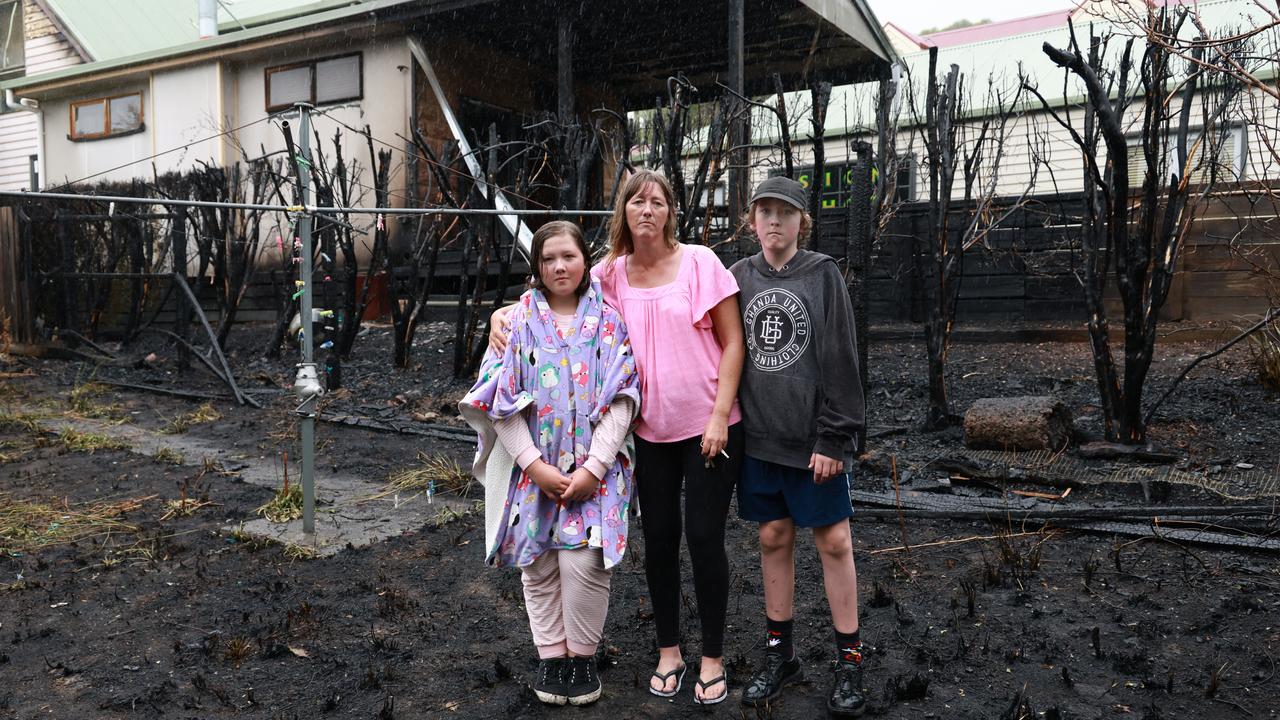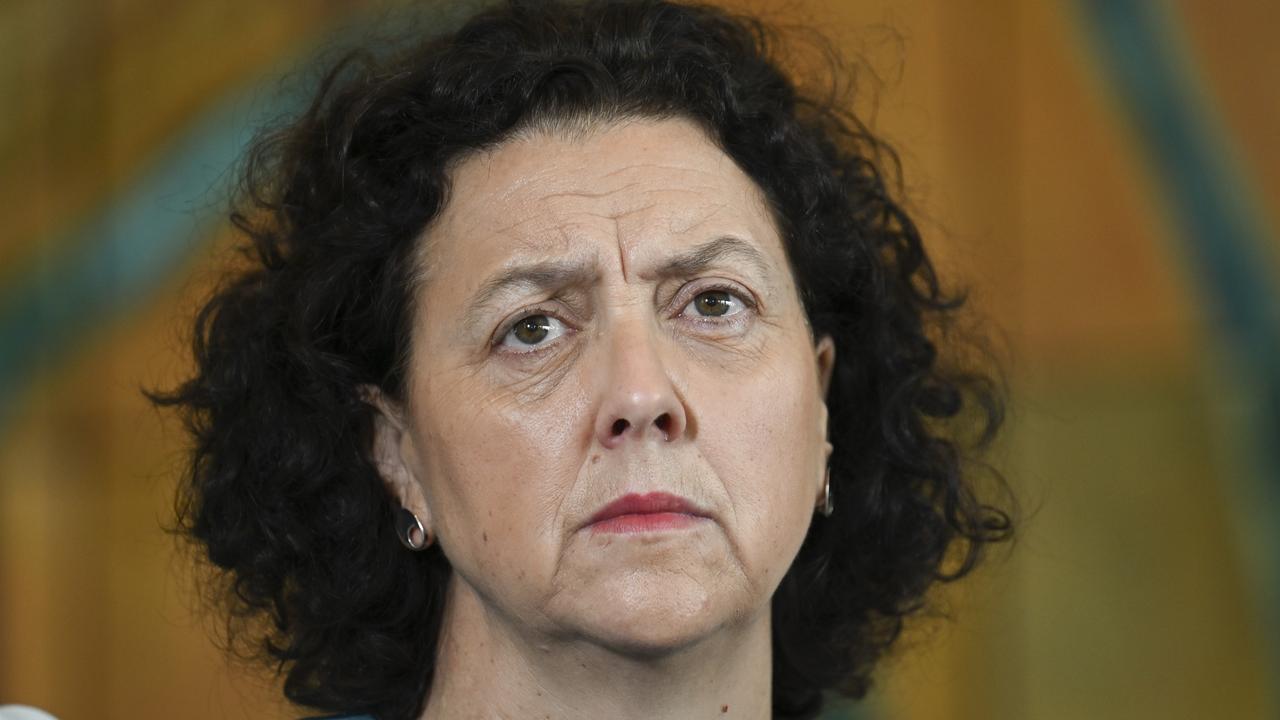Victoria is Australia’s highest-taxing state: Here are the taxes only Victorians are slugged with
Victoria is the highest-taxing state in the nation, leading the way when it comes to finding new ways to pluck its residents’ pay cheques. Here are the taxes you only pay if you live here.
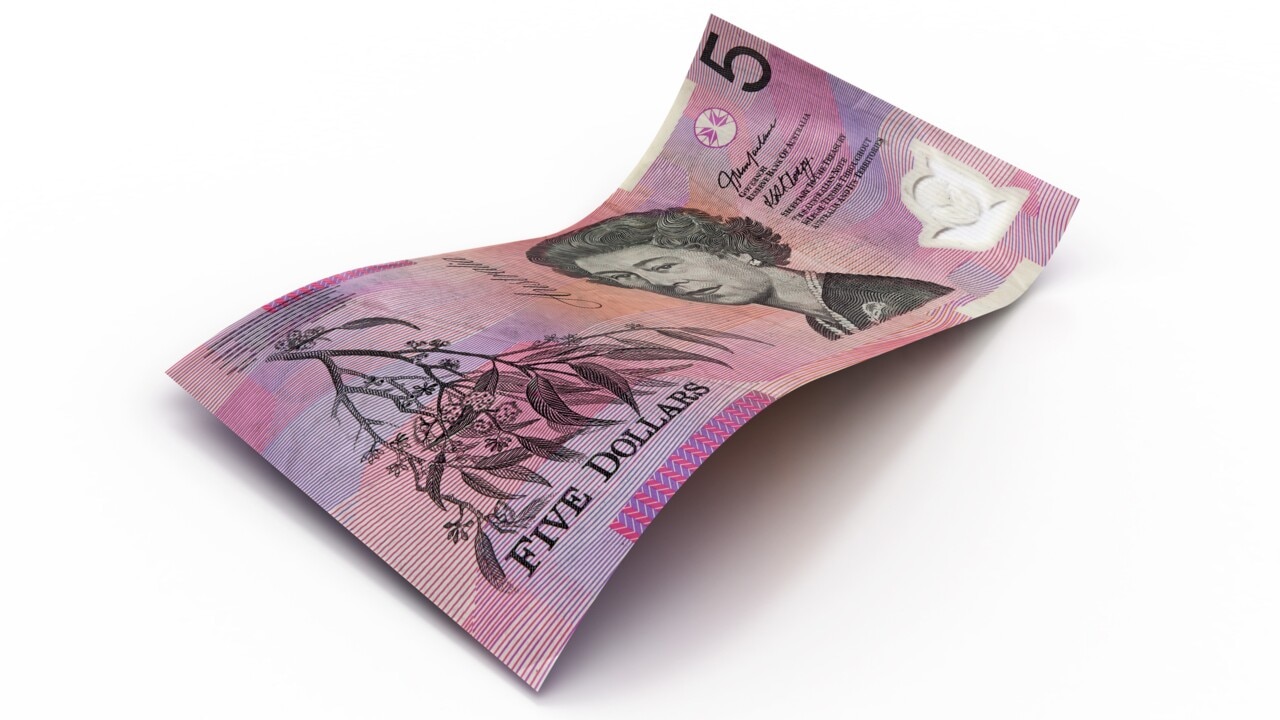
Victoria
Don't miss out on the headlines from Victoria. Followed categories will be added to My News.
The Allan government’s latest cash grab on holiday rentals has once again highlighted Victoria’s special tax status.
Victoria is the highest-taxed state in the nation – a feat it has achieved while racking up the same level of debt ($135.9b) as New South Wales, Queensland and South Australia combined (a collective $136.8bn).
Victorians handed over $5795 per person to the state government, comfortably ahead of the $5529 residents in New South Wales were charged or the $4738 plucked from Queenslanders, data from the Australian Bureau of Statistics shows.
The annual lift in the state’s tax take was also far higher here than most of our neighbours.
Victoria’s per capita take rose by 2.8 per cent in the 2023 financial year compared to a 0.1 per cent drop in NSW and national average rise of 1.8 per cent.
Those numbers are also yet to reflect looming hits to the taxpayer’s hip pocket coming via the incoming Airbnb and vacant home taxes.
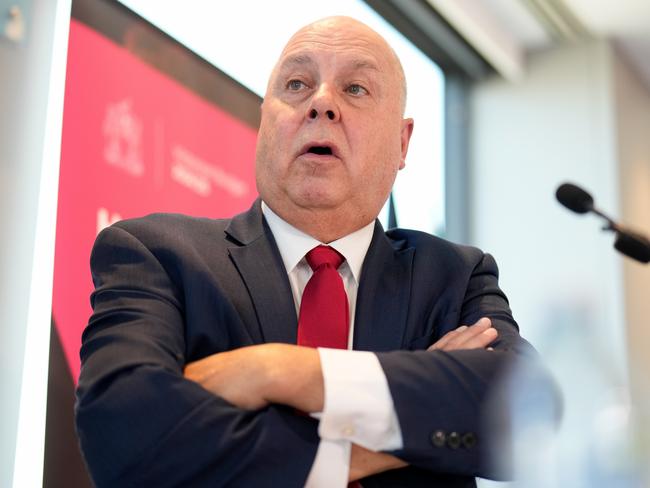
The state’s peak business lobby group has expressed growing alarm about constant moves to hit business with new charges and levies.
It argues the only chance the state has of paying off a historic debt pile is via growing the economy and the tax burden is inviting businesses to pack up and move interstate.
“Victoria must remove outdated and ineffective charges on business such as the Covid-19 debt and mental health levies, which business has been unfairly lumbered with, along with the land tax increases,” Victorian Chamber of Commerce and Industry chief Paul Guerra said.
“Business growth is the only path to navigate out of this negative financial climate and propel the state out of debt – the state cannot tax its way out of debt as it will lose business and that will be diabolical.
“High taxes and levies are a disincentive for business to locate or grow in Victoria. Capital has choices, it will invest where it has the best conditions to multiply, and other jurisdictions are rolling out the welcome mat to attract the investment dollar.”
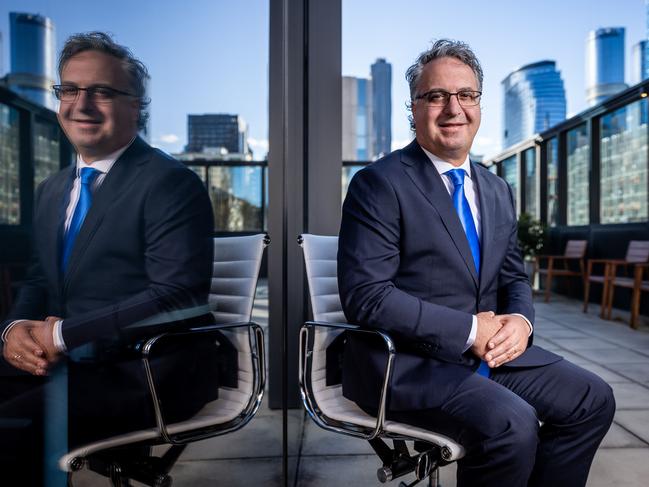
For its part, the state government points to figures which show business investment in the state was almost 6 per cent higher than in the rest of Australia last year and an outlook from respected economic forecaster Deloitte Access Economics that the state will lead the nation in economic growth over the next five years.
“We’re lifting the payroll tax-free threshold, abolishing stamp duty for commercial and industrial properties, and will be the first state in Australia to phase out business insurance duty — saving businesses around $900m over the next four years,” a spokesman said.
It also argues the state doesn’t get the benefit of lucrative resource royalties that other states such as Western Australia secure, and is short-changed on the nation’s carve-up of GST.
As the government confronts a massive debt mountain, Treasurer Tim Pallas has refused to rule out hammering already battling businesses and households with more taxes.
The government has already shown it can lead the nation on this measure.
Here are the taxes you only pay if you live here:
Airbnb Tax
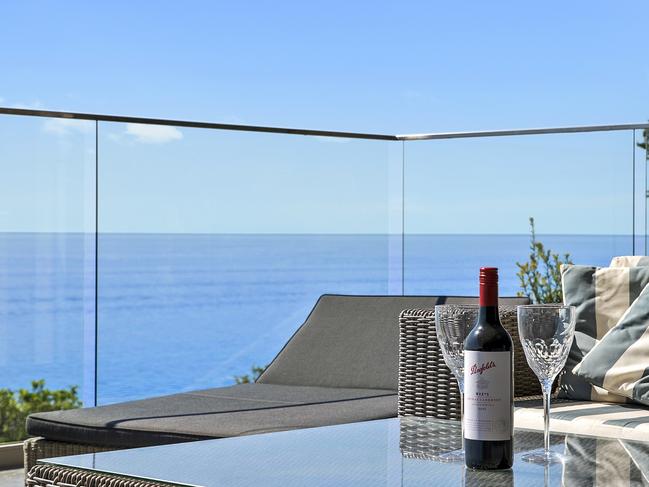
Victoria has long been known for its cutting-edge medical innovation, but let’s not underestimate the government’s contribution on the tax front.
In an Australian first, the state government is pushing through a 7.5 per cent tax on all short-stay accommodation.
Dubbed the Airbnb tax, the new cash grab is set to come into effect at the start of next year.
There are an estimated 36,000 short-stay properties across the state, with around 29,000 of these entire homes.
The tax – dubbed a “tourism killer” by VECCI – is expected to raise about $60m a year.
Mum and dad property investors also face a double hit on their holiday rentals.
When former premier Daniel Andrews announced a plan to charge Airbnb operators last year he said the levy would replace council charges related to short-stay accommodation.
That pledge was dropped this week.
The new tax — all but sure to be passed on to consumers — will apply to all bookings from January 1.
Vacant Home Tax
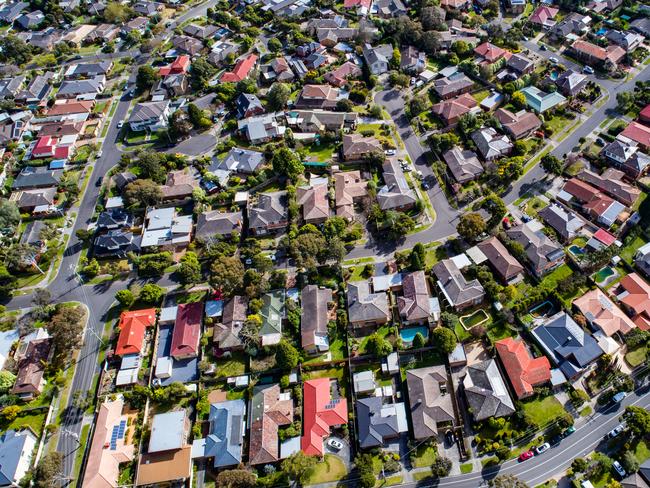
Officially known as the Vacant Residential Land Tax, the charge applies to properties that sit empty for more than six months in a calendar year.
Owners are slugged 1 per cent of the capital improved value of the land in the first year, 2 per cent in the second and 3 per cent for every year after.
Introduced in 2018, the tax originally applied to 16 council areas – Banyule, Bayside, Boroondara, Darebin, Glen Eira, Hobsons Bay, Manningham, Maribyrnong, Melbourne, Monash, Moonee Valley, Merri-be, Port Phillip, Stonnington, Whitehorse and Yarra – but will be expanded to cover all of Victoria from the start of next year.
Schools Tax
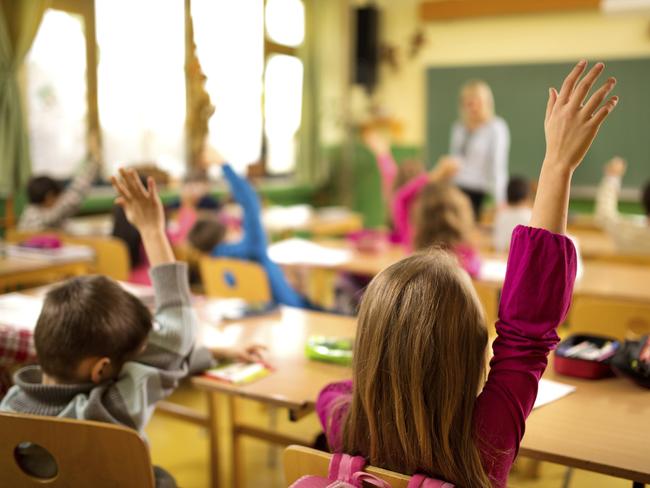
Private schools were blindsided when the government used its 2023 state budget to scrap payroll tax exemptions for more than 110 schools with annual fees of $7500.
The move was expected to raise more than $100m a year.
A fierce backlash from Catholic and private schools forced the state’s former premier into a rare backdown and the fee threshold was lifted to $15,000 a year.
This revised threshold is set to remain in place until the start of 2029.
The government’s most recent budget chalked in revenue of $320m over its four-year estimate period.
Cladding Rectification Levy
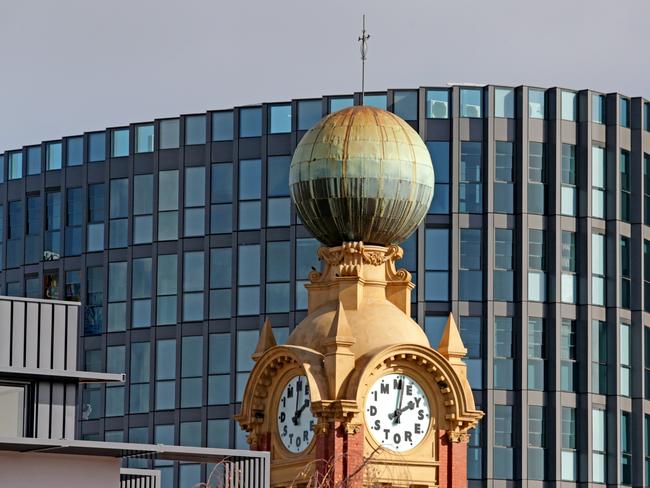
More than 1000 buildings across Victoria have been identified as containing dangerous flammable cladding, with about 500 deemed high risk.
A “world first” cladding levy was introduced in 2019 to cover about half of the $600m it has been estimated to cost to fix the state’s cladding crisis.
The levy is calculated on the rates and cost of building works and is applied to building permit applications.
Dangerous cladding has been removed from about 250 buildings to date.
Environment Mitigation Levy
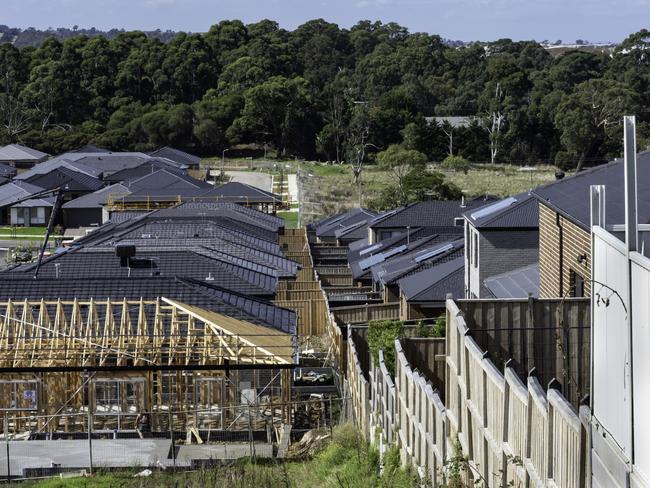
The tax applies to developments in key Melbourne growth corridors, including Cardinia, Casey, Hume, Melton, Mitchell, Whittlesea and Wyndham.
It aims to raise funds to put towards protecting biodiversity in these rapidly growing areas.
The levy is calculated according to the type of vegetation and the size of the land – so tearing up a hectare of native vegetation will set you back $136,688 but a patch of growling grass frog will only sting you $8257.
Mental Health Payroll Tax Surcharge
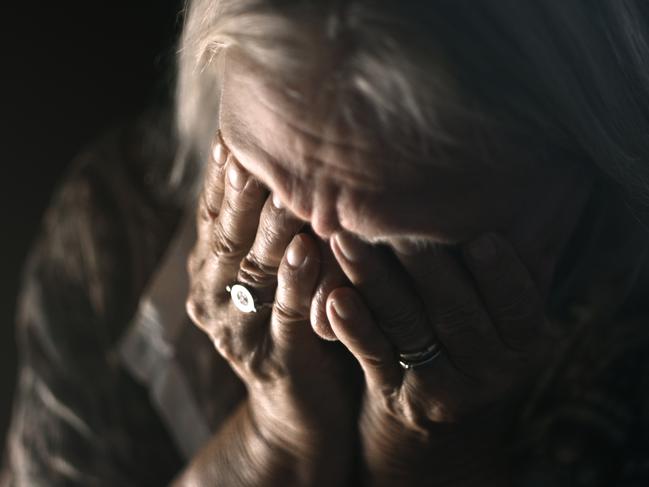
One of a number of surcharges imposed on Victorian businesses, this one was introduced to fund the mental health system.
The surcharge adds 0.5 per cent to the payroll tax charge for businesses with annual wage payments of $10m and 1 per cent if the wage bill exceeds $100m.
It handed the government $993m in the 2023-24 financial year and it is expected to net $4.5bn over the latest four-year budget estimates.
Introduced in Victoria, the tax has since been copied by Queensland.
Originally published as Victoria is Australia’s highest-taxing state: Here are the taxes only Victorians are slugged with



